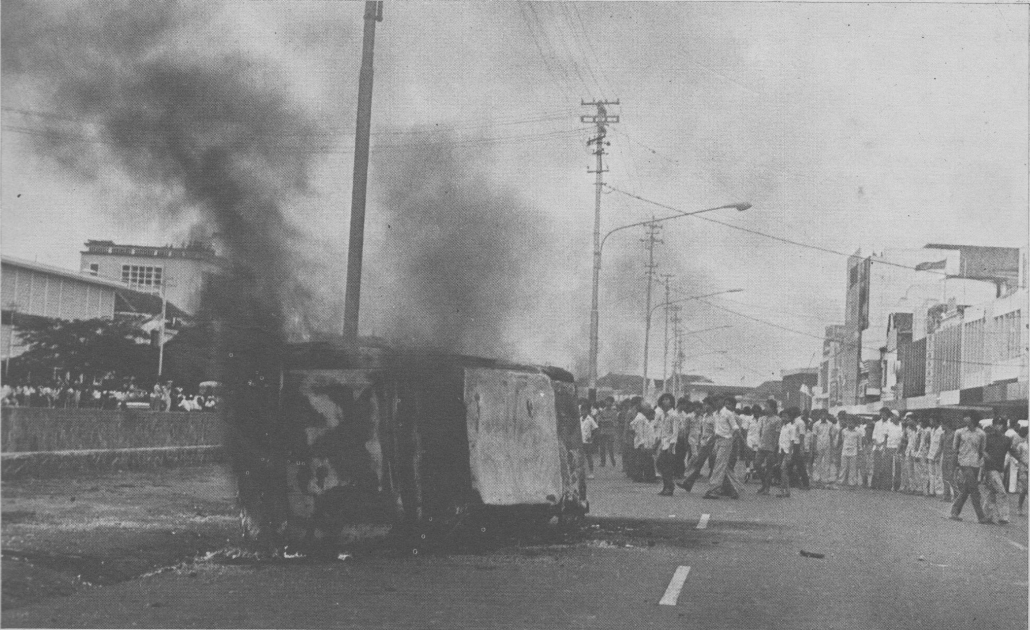The Shift in Japan’s Economic Strategy with ASEAN: Why Domestic Matters

The year is 1974. Sakura season hasn’t come yet. Only the cold breeze from the north covers Japan with snow. At that time, Japan’s PM, Tanaka Kakuei, flew to a […]

The year is 1974. Sakura season hasn’t come yet. Only the cold breeze from the north covers Japan with snow. At that time, Japan’s PM, Tanaka Kakuei, flew to a […]